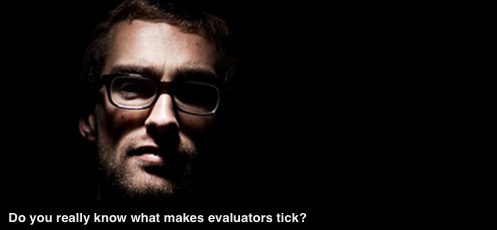Since winning bid competitions is important to your company’s success, you and your team likely put a lot of effort into developing strong proposals. Given the stakes involved, you may assume that proposal evaluators are equally serious about their jobs. In fact, that is often not the case.
The truth about evaluators
We’ve run across very few professional, full-time evaluators. Instead, most evaluators are assigned to proposals on top of their core responsibilities. As a result, they typically aren’t heavily invested in the evaluation process; they just want to get through it as painlessly as possible. Since evaluators often score several proposals, they tend to devote minimal effort to each response.
In addition, not all evaluators will be experts in the technical aspects of your solution. In fact, we have seen low-level employees assigned to evaluating proposals for large and strategically important purchases—perhaps because more senior people were unavailable, or because the process is templated to be easy to follow (see below).
Evaluators don’t read—they scan and score
In part to promote a level playing field, and also for efficiency, evaluators of large proposals usually follow a scoresheet and a criteria checklist in awarding points. Armed with these tools, evaluators don’t read proposals closely—instead they scan and score them.
A handful of evaluators typically score each section, and their scores are then averaged or consolidated during a consensus meeting.
Implications for proposal teams
Given these facts, smart proposal teams strive to make evaluation as easy as possible. In coming posts, we’ll show you how to do that, including:
- Planning an information architecture
- Creating prompts for consistent content
- Presenting information consistently
- Using style guides


